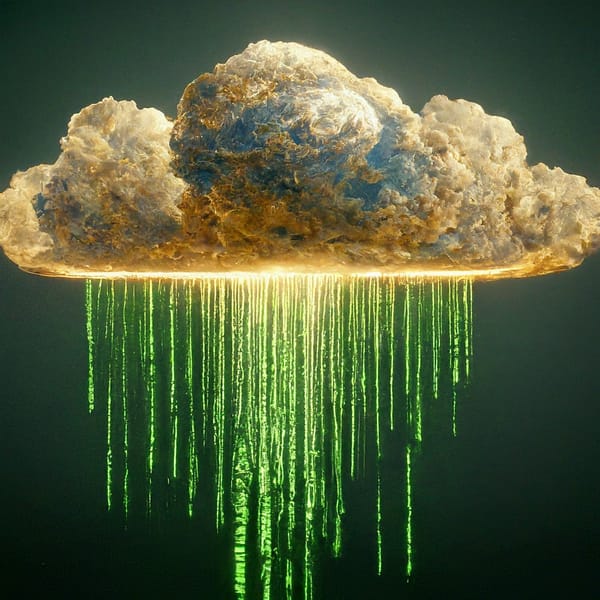Study: Facebook Isn't the Echo Chamber You Might Expect

When it comes to social networks, one argument that is often raised against them is that they encapsulate their users in a safe network of friends that keeps out information that may go against the users’ belief system. Social networking users, after all, tend to friend like-minded users. The reality, though, say Facebook own researchers, isn’t quite as dramatic. Indeed, they argue, we tend to get more information on Facebook from distant friends than close friends and are actually more likely to see information that comes from distant friends than from our inner circle of close friends. The researchers conclude that “online social networks actually increase the spread of novel information and diverse viewpoints.”
![]()
Looking at a Facebook dataset from 2010, the research team noticed that the social network’s users do, as expected, are more likely to share links and post from people they have strong ties with. That’s pretty much what one would expect, given that the people we are close friends with are likely to share at least a large subset of our interests and believes. Facebook’s research also shows that people with strong ties tend to visit the same websites, for example, while those we aren’t that close to tend to visit different sites and hence get their news and other items they share on Facebook from different sites as well.
Here is where things diverge from the standard echo chamber thinking, though. When it comes to people we have weak ties to, we are actually a good bit more likely to re-share their content with our own group of friends. Given that most people also have significantly more distant friends than close friends (the researchers assume about a 10-1 ratio), we actually tend to get more information on Facebook from our distant friends than our close friends. “Weak ties,” the researchers argue, “have the greatest potential to expose their friends to information that they would not have otherwise discovered.”



